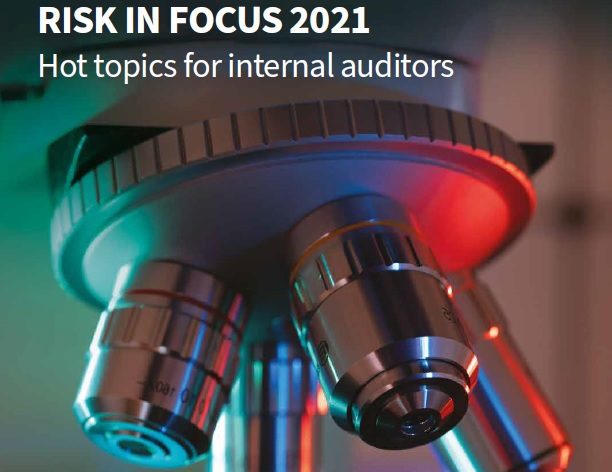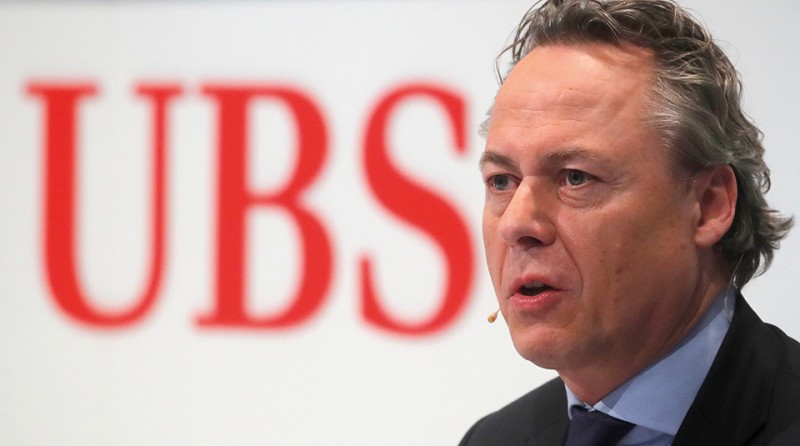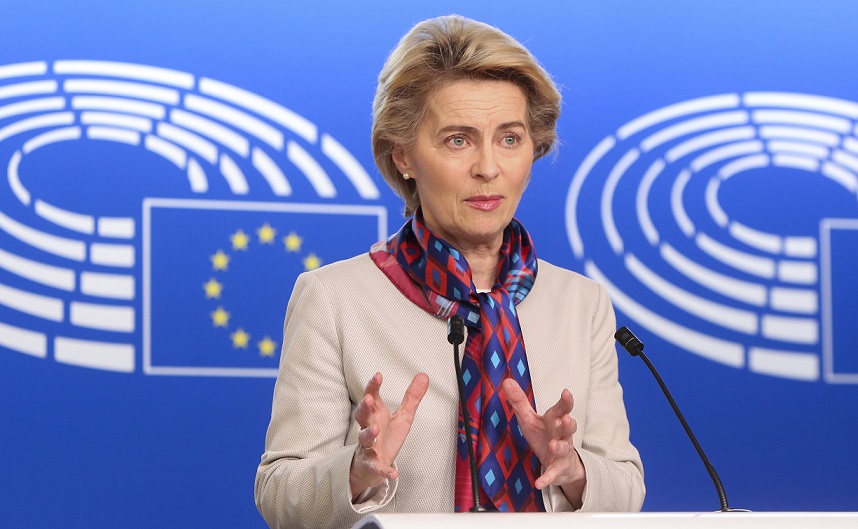A few days ago, the Commission began setting out its approach to undertake a review of the EU’s implementation of the United Nations Convention against Corruption (UNCAC). As a party to the Convention, the EU must evaluate how its rules and practices comply with the anti-corruption principles, objectives and requirements under the Convention to identify any deficiencies that require legislative, institutional and practical reforms. The Commission informs all EU institutions of its intention to launch the review process ahead of the UN General Assembly Special Session against Corruption 2021; it sets out a framework to facilitate the review to allow swift progress in fulfilling all necessary legal obligations, in full respect of the principle of sincere cooperation and administrative autonomy of the institutions; and invites the EU institutions to participate and cooperate at all stages of the process.
The message is clear: organisations must be held accountable for their social and environmental footprint. Therefore, it’s inevitable that speaking up becomes the next social…
Download whitepaper











